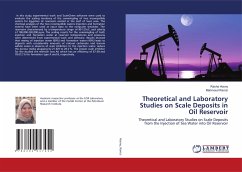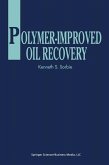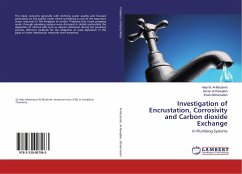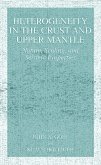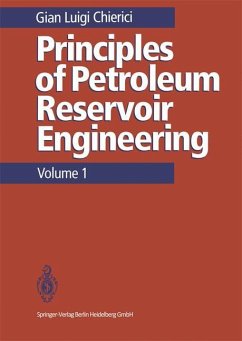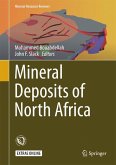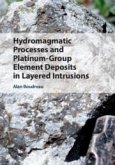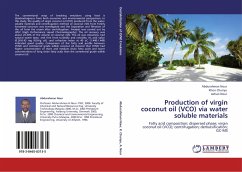In this study, experimental work and ScaleChem software were used to evaluate the scaling tendency of the commingling of two incompatible waters for Egyptian oil reservoirs existed in the Gulf of Suez area. The chemical analyses of the two incompatible waters (injection and formation waters) have been used as input data to the computer simulator. The reservoirs characterized by a temperature range of 90-127oC, and salinity of 100,000-230,000 ppm. The scaling results for the commingling of both injection and formation water at reservoir temperatures and pressures were determined from experimental work and software. Results showed that mixing of injection water (60%) and formation water (40%) leads to deposits with considerable amounts of calcium carbonate and barium sulfate scales in absence of scale inhibitors to the injection water reduce the porous media plugging by 21.325 to 29.2 %. The proper scale inhibitor for the studied the reservoir was AII which has an efficiency of 67.09 and 78.012 % for formation type A and B, respectively.

